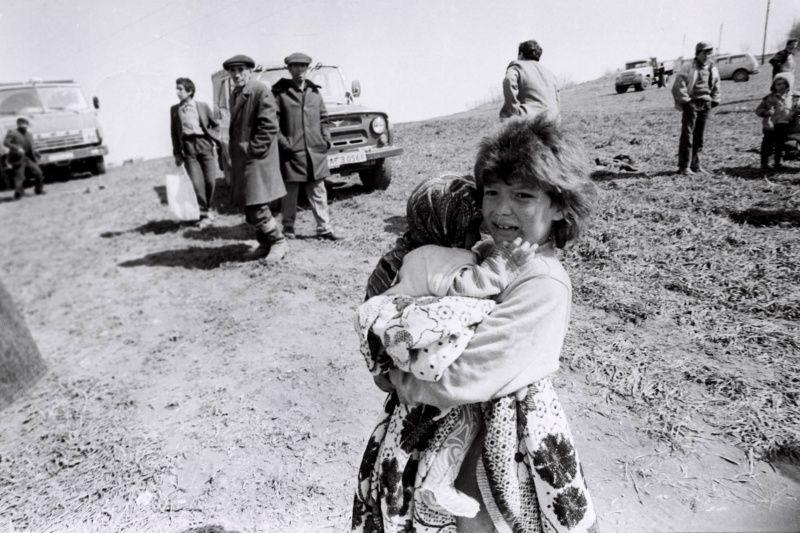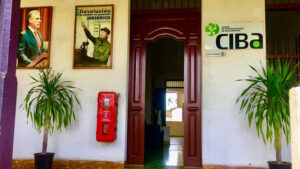February 26, 2024 in Azerbaijan will mark the 32nd anniversary of the Khojaly Genocide, an event that ignites the hearts of human beings and brings to memory the death of 613 people, including 63 children, 106 women and 70 elderly people.
On the night of February 25-26, 1992 in the town of Khojaly in Karabakh, Armenian troops carried out a massacre, an action qualified as genocide and ethnic cleansing against Azerbaijani civilians who historically lived in these lands.
The facts represent the violation of the fundamental rights of the population, not only of Khojaly, but also of the whole Karabakh.
The Khojaly Genocide was clearly intended to generate terror among the population and after the Armenian military invasion, hundreds of thousands of Azerbaijanis were forced to move from their native homes.
According to international organizations, that massacre of innocent civilian citizens was the largest ever to occur in a single day. Former Armenian President Serzh Sargsyan, in British author Thomas de Waal’s book «Black garden: Armenia and Azerbaijan Through Peace and War (New York and London, New York University Press, 2003), p. 172), confesses:
«Before Khojaly Azerbaijanis thought that Armenians were not capable of touching civilians. We managed to overturn that opinion and this happened,» and in what a way, killing hundreds of residents in that city, among them children, the elderly and defenseless women.
The Khojaly Genocide and other crimes committed by Armenia during its aggression against the Republic of Azerbaijan, including war crimes and crimes against humanity, constitute serious violations of international humanitarian and human rights law.
These include violations of the Convention on the Prevention and Punishment of the Crime of Genocide; the Convention against Torture and Other Cruel, Inhuman or Degrading Treatment or Punishment; the International Convention on the Elimination of All Forms of Racial Discrimination and others.
So far, the national legislative bodies of 18 countries (including Latin American nations such as Panama, Honduras, Colombia, Mexico, Peru, Guatemala and Paraguay) have recognized the massacre as genocide.
In addition, the Organization of Islamic Cooperation and the Organization of Turkish States have also adopted a series of resolutions and decisions condemning the massacre of civilians in Khojaly and calling it a crime against humanity and an act of genocide.
In its judgment of April 22, 2010, the European Court of Human Rights reached an important conclusion regarding the massacre committed in Khojaly, denouncing the behavior of those who perpetrated the atrocities as «acts of particular gravity which may amount to war crimes or crimes against humanity.» On this sad day, we honor the memory of the victims of the Khojaly tragedy.
By Ruslan Rzayev* Ambassador of Azerbaijan to Cuba
Contributor to Prensa Latina




